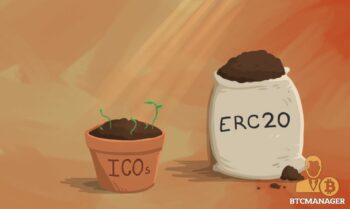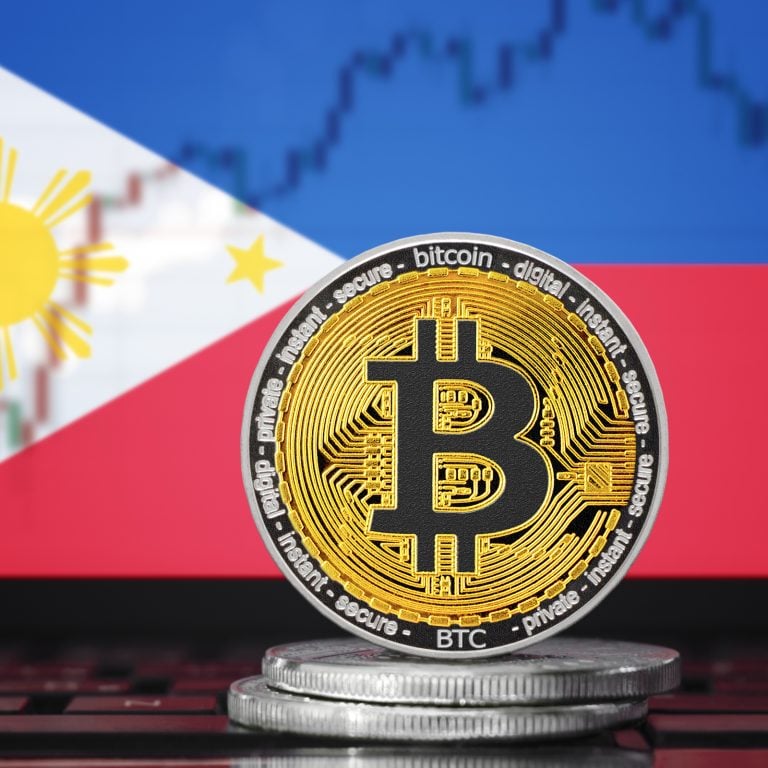2018-12-12 21:34 |
Initial Coin Offerings (ICOs) have been expanding at very high rates between 2017 and 2018. However, during the last months, the number of projects released to the market has been decreasing. Regulatory uncertainty and a bear market are the main reasons behind this situation.
This is why there are many analysts that are asking the question of how will ICOs perform during the next year. William Mougayar, the founder of Token Summit, provided a broad perspective on ICOs and how they are evolving.
He started by saying that ICOs are currently facing some issues such as increased scrutiny from regulators around the world. It is clear that if regulatory agencies consider Initial Coin offerings as securities offering, then, the ICO market could face several issues. He mentions that being securities offerings would not allow the ICO market to be emancipated.
Mr. Mougayar said that the U.S. Securities and Exchange Commission (SEC) said that if a network is decentralized, then the token running on top of it should not be considered a security. Until now, the regulatory agency of the United States informed that both Bitcoin (BTC) and Ethereum (ETH) are not considered securities, however, other important virtual currencies such as XRP have not been yet defined or not as a security.
Nevertheless, centralization is not the only necessary thing to take into account at the time of considering whether a token should be considered a security or not. In some cases, decentralizing the network during early stages can affect the future of the project, explains Mougayar. If some projects are not centrally managed, their growth and expansion could be affected.
At the same time, the role of that specific virtual currency is important. If a token is being used by users rather than considering it a speculative asset, then this token has fewer chances of being considered as a non-security.
Without clear regulations regarding Initial Coin Offerings, innovation could be threatened. If utility tokens are labelled as securities. As the author of the article explains, if a token is considered a security, then it will be a problem for those who created it to put it in the hands of consumers and developers that might be interested in working them.
A company can be compliant with all the required regulations, but if the token does not have a utility, it might affect the whole project if it is labelled as a security. That means that the number of innovators in the space would decrease since it might be more difficult to be compliant with securities laws.
Mougayar says hat 2019 will be the ear in which the United States, the SEC and the blockchain industries will come had to head.
“The industry will challenge the SEC’s ultra-conservative stance on the looseness of their interpretation of the Securities Act as far as applying them to good ICOs and token use cases,”
he says.
Clearly, companies and tokens should follow the rules imposed by regulatory agencies, but regulators should know that they could heavily affect the market. Mougayar ends the article saying that regulators should be following the market not preempt it on its early stages.
origin »Bitcoin price in Telegram @btc_price_every_hour
Coin(O) (CNO) на Currencies.ru
|
|



















